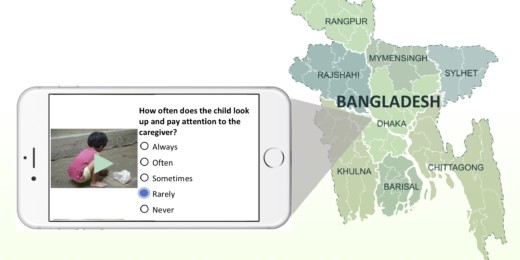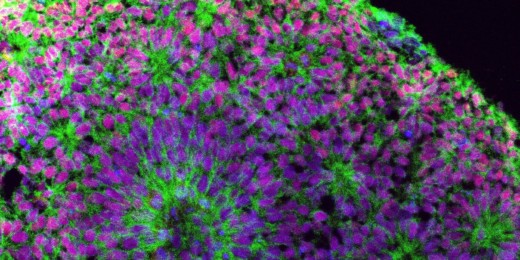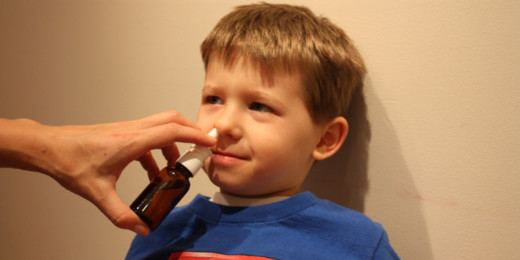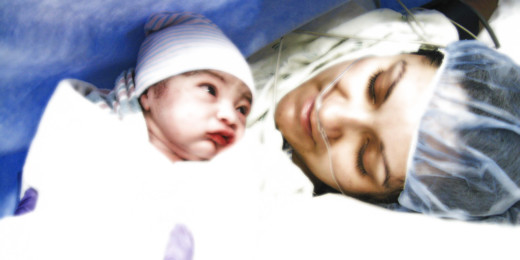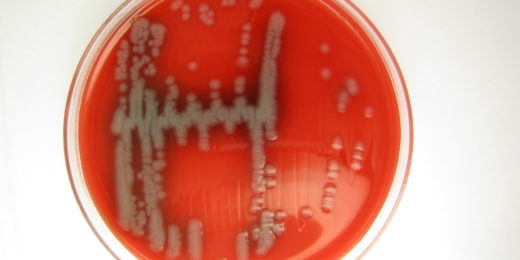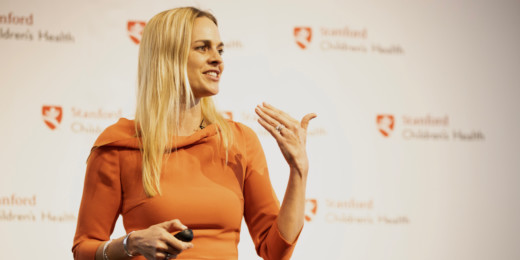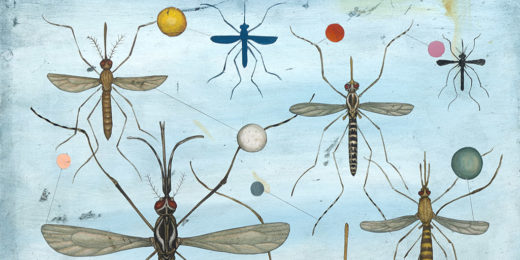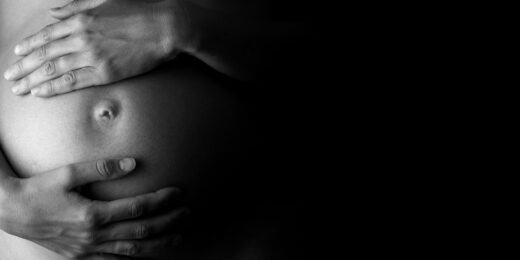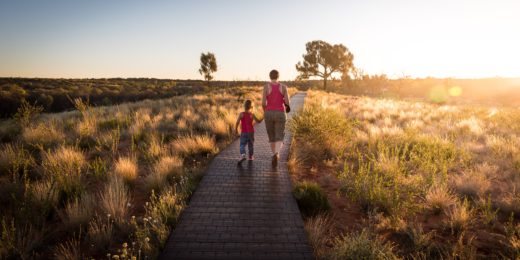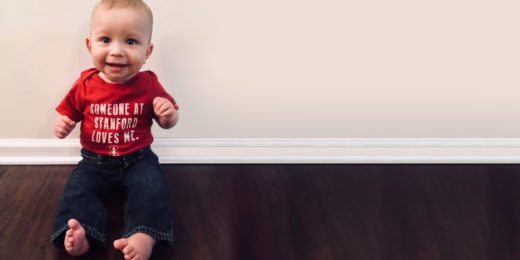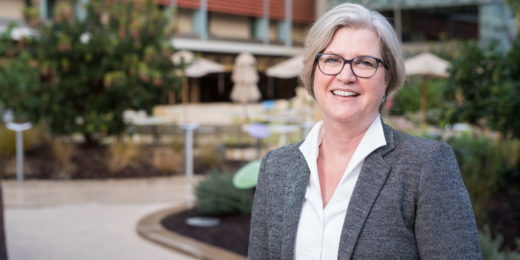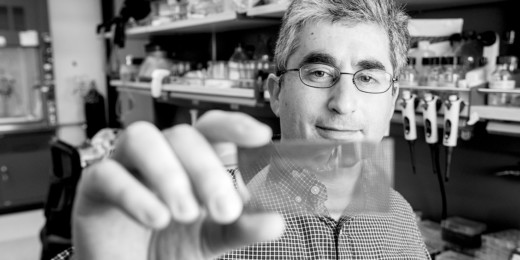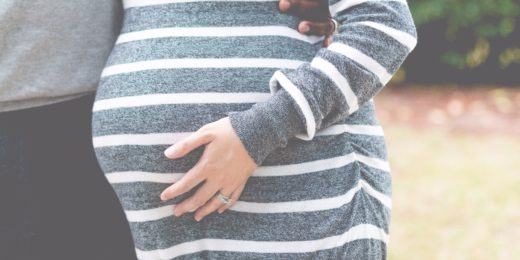Teenagers who owned promotional items for nicotine-containing products were twice as likely as other teens to start using the products.
Author: Erin Digitale
AI-based autism detection shows promise across cultures
New Stanford research suggests a method of analyzing cell-phone videos of children could alleviate the bottleneck in autism diagnosis around the world.
Common brain injury in premature babies may be tied to specific cells
Using a lab model, Stanford researchers identified a type of developing brain cell that is profoundly changed by exposure to low oxygen levels.
Hormone may improve social behavior in autism
Giving an inhaled hormone to children with autism for four weeks improves their social behavior, a new study by Stanford researchers indicates.
Tapping patients’ wisdom for C-section pain management
Women scheduled for C-sections know the levels of pain relief they'll need, and are happier with their experience if given a choice.
How drug-resistant bugs grow in CF patients’ lungs
Some viruses help drug-resistant bacteria grow in the lungs of cystic fibrosis patients, new Stanford research shows.
About the future: A look at the Pediatric Innovation Showcase
Experts came to Stanford for the Pediatric Innovation Showcase to learn about many approaches to helping children's health, from social media to surgery.
Mosquito tracking key to preventing disease outbreaks
Infectious disease expert Desiree LaBeaud is mapping outbreaks of Zika, dengue and chikungunya, three viral diseases transmitted by the same mosquitoes.
Autism app blends play, social learning and research
Stanford biomedical data scientist Dennis Wall and his team are developing technology that could help experts study and treat autism simultaneously.
Just say no: Scrutinizing the harms of overly intense medical care for kids
Pediatricians can improve the risk-benefit profile of many common interventions by scaling back what they do, according to a new review article.
Treating parasite infections during pregnancy thought to boost babies’ immune responses
For babies in developing countries, pneumonia vaccines seem to work better if their mothers receive treatment for parasitic infections during pregnancy.
Mom’s voice is big deal for most kids; less so for those with autism
In most babies and kids, the sound of their mother's voice gets special treatment in the brain. But in autism, this distinctive brain response is lessened.
A just-right fix for a tiny heart
A baby born with a rare heart complication is now thriving following two surgeries at Lucile Packard Children's Hospital Stanford.
“We should study that!”: How a nurse-scientist found her passion
Nurse-scientist Kimberly Pyke-Grimm draws on her clinical experience when studying how teens, young adults and families make decisions about cancer care.
Type 1 diabetes: Developing an early warning system
Type 1 diabetes starts out as a sneak attack by bad-actor antibodies. But scientists at Stanford and UCSF have developed an early-warning system.
Why are so many women nearly dying in childbirth? Cross off a few leading theories
More than 50,000 pregnant women per year experience life-threatening complications of pregnancy and childbirth, but no one understands why.



